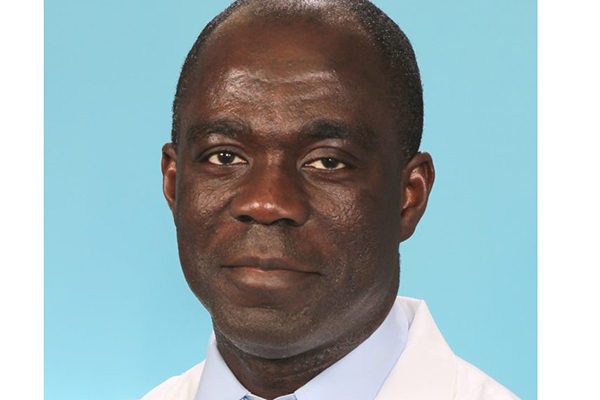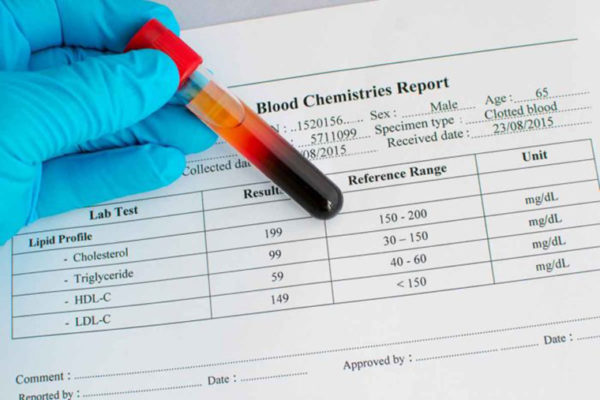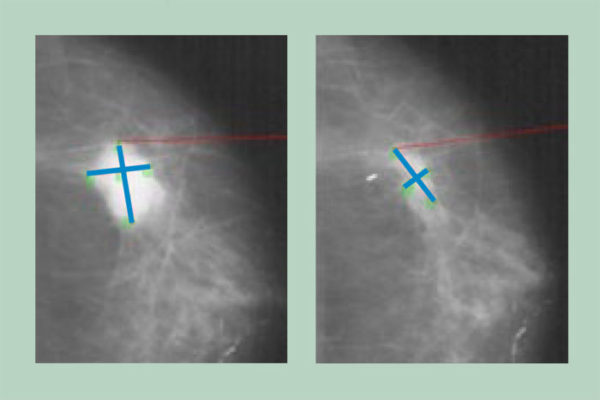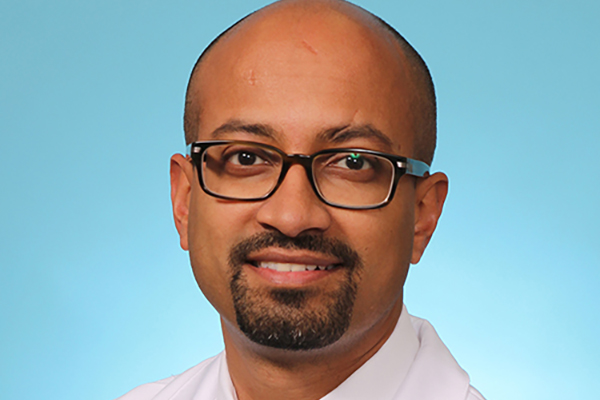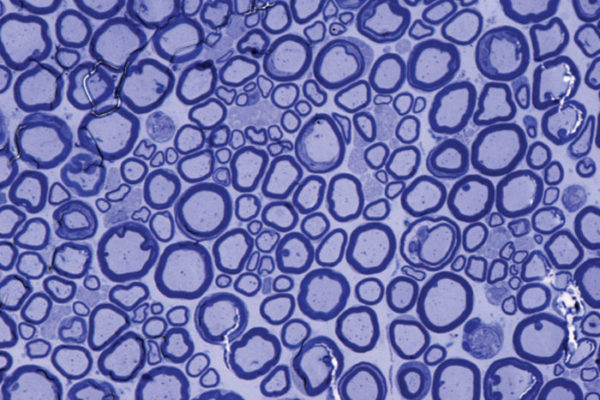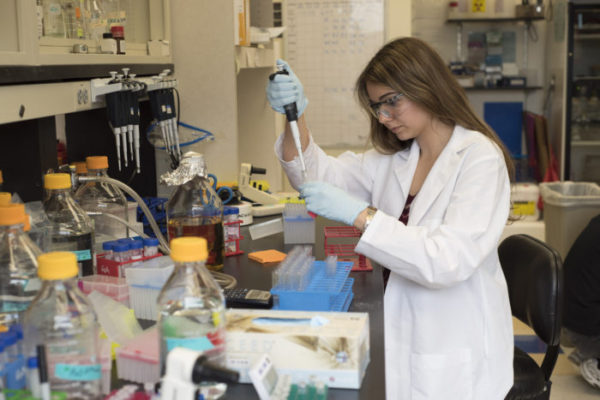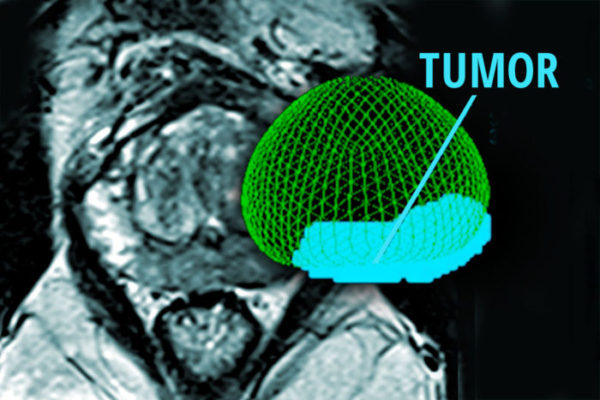Kyei receives Young Physician-Scientist award
George Kyei, MBChB, PhD, an assistant professor of medicine at Washington University School of Medicine in St. Louis, has received a Young Physician-Scientist Award from the American Society for Clinical Investigation.
High and low levels of ‘good cholesterol’ may cause premature death
Commonly touted as “good cholesterol” for helping to reduce risk of stroke and heart attack, both high and low levels of high-density lipoprotein (HDL) cholesterol may increase a person’s risk of premature death, according to new research at the School of Medicine and Veterans Affairs St. Louis Health Care System.
Student team wins $10,000 for Alzheimer’s diagnostic tool
Memento, an interdisciplinary team of Washington University in St. Louis undergraduate, graduate and medical students, has won $10,000 in a national competition for their mobile app designed to help diagnose Alzheimer’s disease more quickly.
New study shows breast tumors evolve in response to hormone therapy
Researchers at The McDonnell Genome Institute at the School of Medicine have co-led a study on breast tumors — before and after hormone reduction therapy. It reveals the extreme genetic complexity of these tumors and the variety of responses that are possible to estrogen-deprivation treatments.
Rajagopal awarded Young Physician-Scientist honor
Rithwick Rajagopal, MD, PhD, an assistant professor of ophthalmology and visual sciences at Washington University School of Medicine in St. Louis, has received a Young Physician-Scientist Award from the American Society for Clinical Investigation.
Beneficial role clarified for brain protein associated with mad cow disease
Studying mice and zebrafish, researchers from the School of Medicine and the University of Zurich have shown that the proteins associated with Mad Cow Disease — when properly folded — play a vital role in nerve cell function.
Memorial service set for Jessie Ternberg
A memorial service for Jessie L. Ternberg, PhD, MD, professor emerita at the School of Medicine, will be held at 1 p.m. Sept. 25 at the Missouri Botanical Garden. Ternberg, 92, died July 9.
Medicine’s Lim receives early-career development award
Kian-Huat Lim, MD, PhD, a researcher and medical oncologist at Siteman Cancer Center, has received a 2016 Career Development Award from the Pancreatic Cancer Action Network and the American Association for Cancer Research. Each year, the organizations jointly recognize early-career pancreatic cancer researchers.
High school student awarded for work on Ebola protein from bats
St. Louis area high school student Rachel Neff helped Gaya Amarasinghe, associate professor of pathology and immunology at the School of Medicine, design a project focusing on a protein called VP35 found in both the Ebola virus and the bat genome.
Study finds marker of aggressive prostate cancer
The level of a specific molecule present in prostate tumors is an indicator of whether the cancer is aggressive and likely to spread, according to new research from the School of Medicine.
View More Stories
